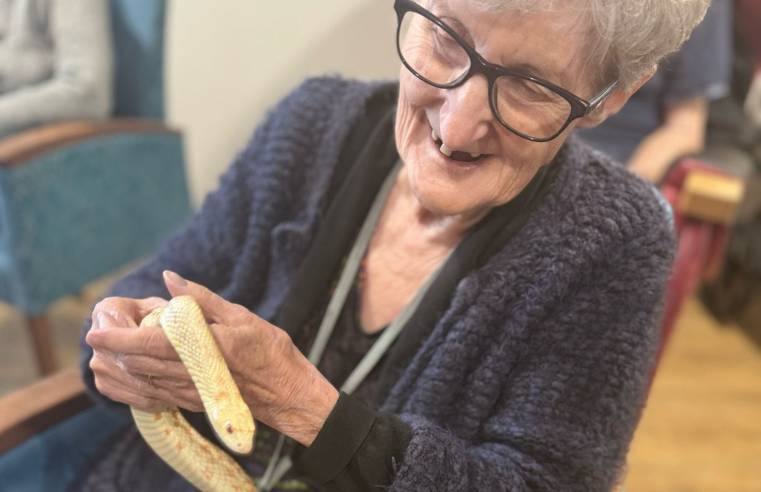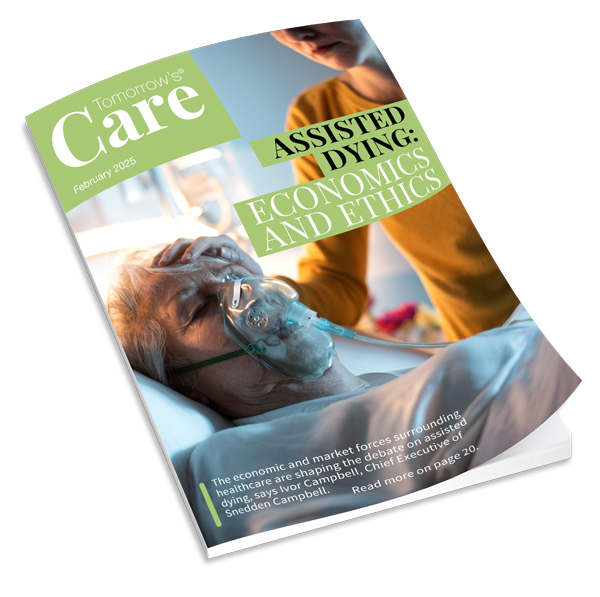This Dementia Action Week, which coincides with National Vegetarian Week, from 16–22 May, the charity Vegetarian for Life encourages care providers to pledge to protect the values of those with Dementia.
According to research commissioned by Alzheimer’s Society, over one million people will be living with dementia by 2025. This number is set to double by 2050.
As the population ages and people live longer, the chances of being diagnosed with dementia are increasing. This may mean that large numbers of people will experience a loss of capacity and require support for day-to-day living.
Vegetarian for Life (VfL), which supports vegans and vegetarians in later life, encourages people to plan ahead for conditions such as dementia. The charity suggests that people should document what matters to them to guide those that may care for them in the future.
This is because they have heard many cases where people’s past beliefs have not been respected when receiving care. A recent Inquiry Report, published by the All-Party Parliamentary Group on Vegetarianism and Veganism, highlighted multiple examples of individuals receiving meat while in care settings, despite having been vegan most of their lives. The individuals had been deeply committed to their dietary beliefs and it upset family members to see their loved one’s values being ignored.
VfL argues that beliefs and values should not be forgotten. They help define who the person is and how they want to live. Just because a person may lack capacity – a condition that may fluctuate – basic principles that define them should not be overlooked.
To support care providers in protecting the values of those with dementia, the charity is encouraging providers to sign the Memory Care Pledge. The pledge consists of five simple good practice points that care establishments can follow to ensure that vegetarian and vegan residents experiencing capacity issues or cognitive losses will be offered a choice of meals, drinks and snacks that uphold their ethical beliefs.
Good practice recommendations include offering a resident the opportunity to eat at a vegetarian-only, or vegan-only table when possible, and in the event of an ‘accidental’ choice to eat meat, offering an alternative that upholds their philosophical beliefs. These recommendations are suggested because Vegetarian for Life is aware of vegetarian residents experiencing issues with capacity or cognition, who may otherwise pick meat from others’ plates.
VfL has also issued a Statement of Wishes form. This allows people to document the beliefs and values they want to live by as they age. It encourages people to plan for their future and guide those who will care for them; the document should support care providers to understand what matters to people receiving care and empower them to act accordingly.
These actions encourage care providers to think about the values and beliefs of those in care. Dementia Action Week is a time to focus on how we respond to the challenges posed by Dementia and ensure that individuals are treated with dignity.
According to VfL, these actions are fundamental. They allow people to define their values and ensure that if they do become diagnosed with dementia, they retain the right to practice their beliefs. Aspects of personality that have characterised a person’s life should not be forgotten when receiving care.
























